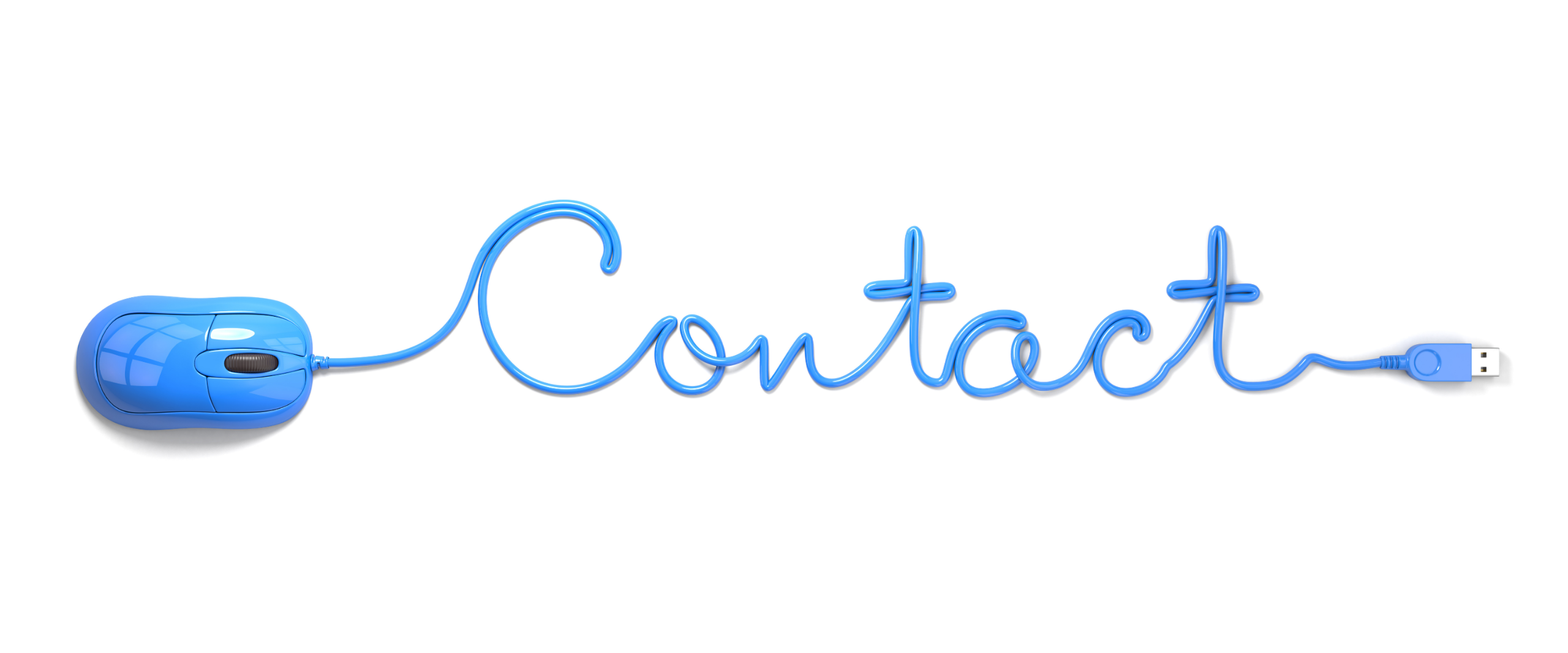Mastering Your Emotions in Sales
Sep 19, 2024
Mastering Your Emotions: A Key Skill for Sales Professionals
In the high-stakes world of sales, your ability to control your emotions can be the difference between closing a deal and losing a potential client. Emotional intelligence isn't just a buzzword—it's a critical skill that can elevate your performance and set you apart from the competition. Let's dive deeper into why emotional control matters and how you can develop this crucial ability.
Why Emotional Control Matters in Sales
1. First Impressions: Clients are incredibly perceptive and can quickly pick up on your emotional state. When you exude calm confidence, you create an atmosphere of trust and competence. This positive first impression can set the tone for the entire sales relationship.
2. Resilience in the Face of Rejection: Sales is a numbers game, and rejection is an inevitable part of the process. By maintaining emotional control, you can view rejection as valuable feedback rather than a personal failure. This resilience allows you to bounce back quickly and maintain your motivation.
3. Clear Thinking Under Pressure: When emotions run high, our ability to think rationally and make sound decisions diminishes. By staying emotionally balanced, you can navigate complex negotiations, answer tough questions, and tailor your pitch to the client's needs more effectively.
4. Building Stronger Relationships: Emotional control doesn't mean being robotic. It means responding appropriately to the emotional cues of your clients. This emotional attunement helps you build rapport and stronger, long-lasting business relationships.
5. Handling Objections Gracefully: When a client raises objections, it's easy to feel defensive. Emotional control allows you to listen actively, understand the client's concerns, and address them constructively without becoming flustered.
Strategies for Improving Emotional Control
1. Practice Mindfulness: Regular meditation or mindfulness exercises can increase your self-awareness and emotional regulation. Even just 5-10 minutes a day can make a significant difference. Try apps like Headspace or Calm to get started.
2. Reframe Situations: Develop the habit of reframing challenging situations. Instead of seeing a difficult client as a problem, view them as an opportunity to showcase your problem-solving skills. This shift in perspective can change your emotional response.
3. Take Strategic Breaks: Recognize when your emotions are starting to overwhelm you. It's okay to excuse yourself briefly to regain composure. A short walk or a few deep breaths can help reset your emotional state.
4. Prepare Mental Scripts: Anticipate potentially stressful situations and prepare responses in advance. This mental rehearsal can help you stay calm when these situations arise in real life.
5. Develop a Pre-Sales Ritual: Create a routine that helps you center yourself before important calls or meetings. This could include positive affirmations, visualizing success, or reviewing your goals.
6. Practice Active Listening: Often, emotional reactions stem from misunderstandings. By focusing intently on what your client is saying (rather than planning your response), you can reduce knee-jerk emotional reactions.
7. Use the STOP Technique:
- S - Stop what you're doing
- T - Take a few deep breaths
- O - Observe your thoughts and feelings
- P - Proceed with a more aware and intentional approach
8. Seek Feedback: Ask trusted colleagues or mentors to provide feedback on your emotional control in various situations. This outside perspective can be invaluable for identifying areas for improvement.
9. Leverage Role-Playing: Practice handling emotionally charged scenarios through role-playing exercises with colleagues. This safe environment allows you to experiment with different approaches and build confidence.
10. Prioritize Self-Care: Emotional control is easier when you're taking care of yourself. Ensure you're getting enough sleep, eating well, and exercising regularly. A healthy body supports a balanced mind.
The Long-Term Benefits
Mastering emotional control isn't just about improving your sales performance—it's about enhancing your overall professional and personal life. As you develop this skill, you'll likely find that:
- Your stress levels decrease
- Your job satisfaction increases
- You're better equipped to handle leadership roles
- Your personal relationships improve
Remember, emotional control is a skill that can be developed with consistent practice and patience. By making it a priority, you're investing in a tool that will serve you throughout your entire career in sales and beyond.
Start small, be patient with yourself, and celebrate the progress you make along the way. With time and practice, you'll find yourself navigating the emotional landscape of sales with greater ease and success.
If you'd like to talk to Patrick about how he could help you or your organization, schedule a 30 minute discovery call here.
Stay connected with news and updates!
Join our mailing list to receive the latest news and updates from our team.
Don't worry, your information will not be shared.
We hate SPAM. We will never sell your information, for any reason.

